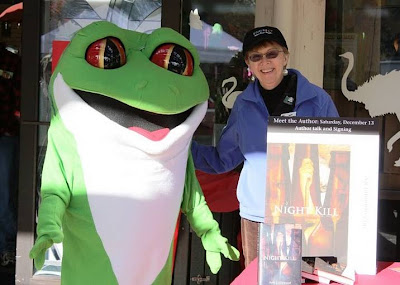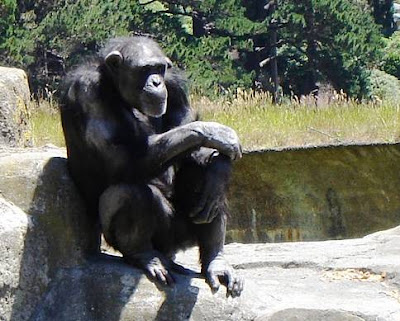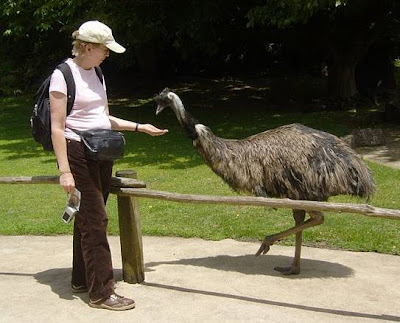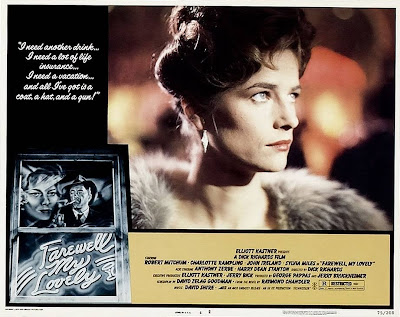ME: Your first novel, Night Kill, was published in 2008, receiving many complimentary reviews. Which reviews surprised you the most – and which comments?
ANN: Maybe I’m just insecure, but every review of
Night Kill surprised me. It was my first novel, after all, and I had no idea what to expect. That it was reviewed at all was astounding! Kirkus, Publishers Weekly, Library Journal, Foreword—it was all new to me. Most reviewers were interested in the zoo background and only a few mentioned that it slowed the plot, a concern of mine. Caryn St. Clair, who volunteers at the St. Louis Zoo, wrote a very generous review which I appreciated because of her background.
I learned that many mystery reviewers aren’t paid, they write reviews for the fun of it or the name recognition, and that they sometimes post the review to multiple online sites, bless their hearts. The
Night Kill reviews were so positive that it encouraged me tremendously.
I was astounded when I sent a copy to Dr. Laurence Marschall, who reviews for
Natural History magazine. He included Night Kill in their “summer reading” issue, July-August 2009. I about fell over. I was also delighted by a review this year, almost two years after
Night Kill came out, by Carolyn Schultz-Rathbun in the Vancouver Voice.
As for reviews in general, I was surprised that some reviewers restricted themselves to a brief plot summary without much evaluation. A few included “spoilers”. An author tries hard to set up surprises and tricky plot twists, and it’s no fair when a reviewer gives them away in advance! That said, any review is a good review. I think...
I’ve had a few reviews of
Did Not Survive, nice ones, but I’m almost as nervous waiting for more as I was with
Night Kill. Guess I’m a slow learner.
ME: I see that Night Kill, previously available only in hardcover, has just been issued in paperback, and that Poisoned Pen is issuing the new simultaneously in both hard and paper. It looks to me like Poisoned Pen is a pretty savvy publisher. Have you enjoyed working with them?
ANN: Poisoned Pen Press publishes well. They provide good editing and high quality covers. Their books get reviewed and some of them win awards. It’s a medium-sized outfit that can adjust to changes and launch experiments more rapidly than a giant press. I’m delighted that they are now bringing out new books in both hardcover and trade paperback, as with
Did Not Survive, instead of waiting the traditional year to issue the paperback. The hardcovers get the reviews, and the trade paperbacks are easier to sell. Some bookstores won’t carry hardcover mysteries at all. And we have this-here recession going on—the lower price for the paperbacks should help. They put their books up on Kindle, they hosted a web-based mystery conference, they are always looking for new ways to sell books. I like working with them and they’ve won all kinds of awards from a grateful mystery community.
ME: On your website you cite Ursula Le Guin as your favorite writer. Do you have a favorite Le Guin book? Is there one you can point to as an influence on your writing style or on the character of your protagonist Iris?
ANN: Le Guin writes in a fine literary style that I can’t hope to emulate. What I take from her writing is more along the lines of courage. She writes about anarchism and capitalism in
The Dispossessed, about gender in
Left Hand of Darkness, and about families in
Sea Road. Within my mysteries, I write about about how people interact with animals in various situations. Le Guin helps me find my courage to engage in controversies about zoos and about the environment.
I’m afraid my writing style probably owes more to my career in technical writing—be clear and succinct, don’t fool around. I practice “fooling around” in short stories, but my “zoo-dunnit” protagonist, Iris Oakley, is a concrete thinker, not given to subtlety of thought or feeling. But she’s young and changing, so I think she and I will grow together.
ME: We all know you're a former zookeeper, just like your heroine Iris. Knowing you both, I see a lot of similarities. How do you respond to that charge?
ANN: Iris is the daughter I never had. Sort of. She’s bigger and stronger than I ever was. (I weighed 110 pounds until I got pregnant.) She’s an only child with a hovering mother and she didn’t do well in school—she dropped out of college. See? Not much like me. My mother didn’t hover and I plowed through college in neat, straight furrows.
Iris also hasn’t developed a strong social skill set. As for me… well, maybe we do have that in common. Anyway, when she’s confused or frustrated, she defaults to anger, which is something I had to unlearn myself. And she has tunnel vision—she’s very focused on her job and a small set of friends.
That was Iris in
Night Kill, but she’s not static. In
Did Not Survive, she works to put her grief over the death of her husband finally to rest. She faces up to life as a single mother with a full time job. She sees how to make her house a home and expands her friendships. Iris has issues with authority and that hasn’t changed! She doesn’t realize her boss’s good qualities until he’s gone.
It’s interesting writing from first person when Iris interprets people differently from how I do. I hope readers clue into her as a somewhat unreliable narrator! For example, in
Did Not Survive, Iris never likes or sympathizes with Thor, the animal welfare activist. She feels too threatened by his advocacy of elephant sanctuaries. I hope readers appreciate him more than she does. The same with anyone in authority—she’s suspicious and a little hostile, sometimes a lot hostile.
It will be interesting to watch as Iris splits her focus between her child and her job and keeps on growing. I’m eager to see how she evolves!
ME: Me too!
To read Ann's short story
"Death in a Cabana," or listen to "The Apprentice Assassin" (both NON-Zoo stories) as a podcast, click HERE.
And be sure to check out Ann's website ZooMysteries.com, and her blog AnnLittlewood.blogspot.com.



.jpg)





















































